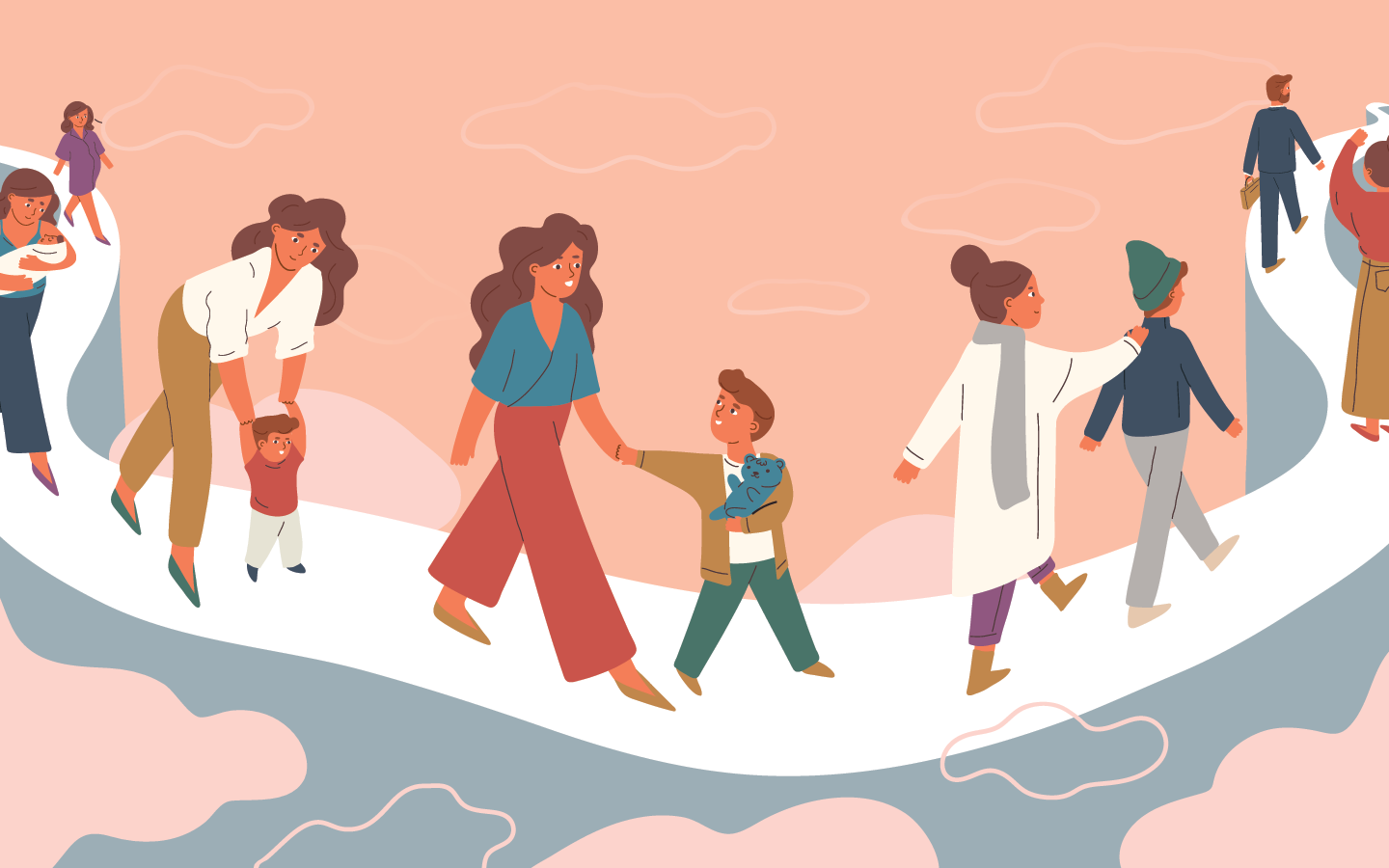This week I have been thinking a lot about trauma, more specifically I suppose looking at trauma through the lens of an autistic mother to autistic teens. I don’t personally think that being autistic in itself is traumatic but...
Normal 0 false false false EN-GB X-NONE X-NONE /* Style Definitions */ table.MsoNormalTable {mso-style-name:"Table Normal"; mso-tstyle-rowband-size:0; mso-tstyle-colband-size:0; mso-style-noshow:yes; mso-style-priority:99; mso-style-parent:""; mso-padding-alt:0cm 5.4pt 0cm 5.4pt; mso-para-margin:0cm; mso-pagination:widow-orphan; font-size:11.0pt; font-family:"Calibri",sans-serif; mso-ascii-font-family:Calibri; mso-ascii-theme-font:minor-latin; mso-hansi-font-family:Calibri; mso-hansi-theme-font:minor-latin;}This week I have been thinking a lot about trauma,
more specifically I suppose looking at trauma through the lens of an autistic
mother to autistic teens.
I don’t personally think that being autistic in itself is traumatic but living in a world that is confusing and sees your autistic behaviours as a problem to be fixed … can be traumatic.
Masking your true self to fit in every day … can be traumatic.
Muting your needs to appease others … can be traumatic.
Being labelled as naughty or awkward … can be traumatic.
Not having your sensory needs met every day … can be traumatic.
Ignoring our to need self-regulate for fear of people's ignorance and judgement … can be traumatic.
People who don’t understand you and change the rules and goalposts not realising the knock in effect that may have… can be traumatic.
Feeling like your different from everyone else … can be traumatic.
Appeasing others constantly… can be traumatic. Having a different way of communicating from everyone else and not being understood … can be traumatic.
Trying to fit in … can be traumatic.
Not processing information in the same way as everyone else and struggling to follow the teacher's instructions in class … can be traumatic.
Getting up every day and leaving your safe space at home to go to school where you are bombarded by overwhelming sights, smells, busy corridors and constant interactions. Not to mention peers that may target us because we’re different and that makes us vulnerable … can be traumatic.
Not being able to communicate how you feel… can be traumatic
Not being accepted or embraced for who we are … can be traumatic.
Being ashamed or feeling stigmatised by our diagnosis … can be traumatic.
Not knowing why we feel like we’re not the same as everyone else… can be traumatic.
Being vulnerable … can be traumatic.
Going to school for some autistic young people can become so traumatic that even the mention of putting on their school uniform can trigger the trauma response of panic and fear.
So as autistic individuals struggling with trauma, we have taken steps to protect ourselves from all the dangers to our nervous system or we will overload and shut down completely.
We take control where we can, and we cocoon ourselves in things that keep us safe.
We stay in our comfy pjs and can't leave our bedroom’s. We can’t cope with anything else other than total safety and comfort.
We cause conflict or become aggressive to hide our vulnerabilities and anxiety.
We shut ourselves down and isolate ourselves from the world.
If we have to get in the car, we won’t put our shoes on because then we know we won’t be able to get out of the car at the other end of the journey with no shoes on.
We can’t distinguish loud noise from quite noises because volume in our ears feels like l been turned up to max.
The lights are brighter, smells are smellier, and clothes are scratchier.
Our stomachs feel like they are upside down on a rollercoaster so we can’t eat and lose our appetite.
The inner dialogue that lives in our brains won’t stop reminding us of all the things we have done wrong that day, all the ways in which other people think we are a failure, and all the dangers we have to face tomorrow so we can’t sleep.
And there is no way we can talk to people about how we feel because we don’t feel safe enough to trust them with seeing the real us and having to face that rejection or judgement, and besides all that how do we even being to explain all this to someone, where do we begin?
How do I find the words to explain something that we’re not even sure of myself as the rational part of my brain has packed up and gone on holiday at the time when I need it the most. So, I can’t make decisions or process my thoughts right now and I am impulsive or avoidant because my amygdala has squatters' rights in my headspace and is controlling my reactions.
Sometimes such is the extent of the trauma that we can’t speak at all, and silence descends on us like a thief in the darkness. You see the trauma of our environment and negative experiences can trap us in a state of fear and self-protection. But it’s not all bad, there is always light in the darkness.
Things can always get better. We can always recover.
But it takes time and patience for recovery.
It takes understanding and empathy from others for
recovery.
It takes accommodations and acceptance for recovery.
It takes genuine authentic care for recovery.
It takes being seen and heard for who we are for
recovery.
It takes embracing us for who really we are for recovery.
It takes seeing us, hearing us and respecting us for recovery.
Our autism isn’t the cause of our trauma, our environments and experiences are the cause. We do not need to change; we do not need to be fixed or pretend to be something we’re not.
The world around us and the people around us need to change. They need to take the time to learn about autism and to live a day in our shoes, to see things from our perspective in order to drive the understanding and acceptance that autistic individuals are so desperately crying out for.
With some out of the box thinking, a change of perspective and sprinkle of care and patience we can try to make the world less traumatic in the first place.













